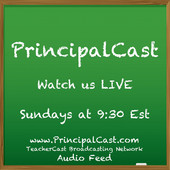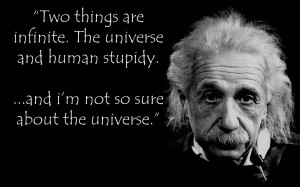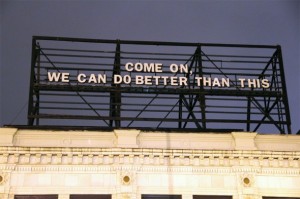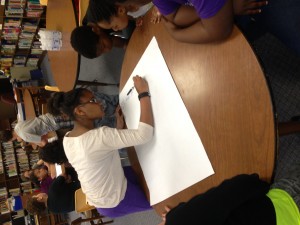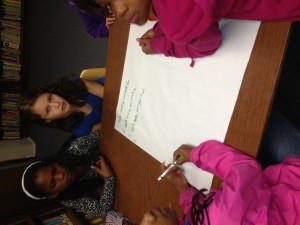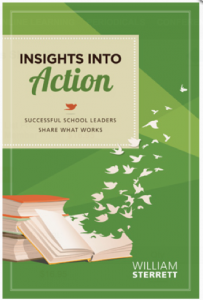
Photo by Jeremy Thomas on Unsplash
In honor of November being the month of Gratitude, Dr. Aili Pogust and Dr. Spike Cook will be hosting a 5 part weekly series on maintaining balance during these crazy times. There is no cost for the workshop and if you are interested you can sign up here. We are asking those who are interested to attend all 5 sessions.
Promo Video
About the series
Is what you have been doing to maintain your balance working for you these days? You are living in a crazy time. Perhaps you’ve noticed that you can no longer follow the paths to which you’ve been accustomed. Creating new paths, however, requires a better awareness of how the physical, emotional, mental and spiritual aspects of your life need to remain balanced.
Your children and your students are counting on that. Before you can help them you have to help yourself. This workshop will offer you some thoughtful tools to get started. In closing, here’s something to consider. Our western culture has focused intensely on the physical and mental aspects of our lives. Notice if you have an urge to attend only a select date. What might that be saying about your state of balance?
Dates and times
Tuesday on November 10, 17, 24, December 1, 8 (2020) Time: 7:00 PM EST – 8:00 PM EST (Zoom link will be provided to those who register.) Register here. Registration ends November 9 at 10:00 PM.
Overview of each week
November 10
- You will assess how you currently utilize the four aspects of your life physically, emotionally, mentally and spiritually. You will also learn and practice a four-step balancing process: Set intention. Self assess. Select options. Survey progress.
November 17
- You will learn and practice tools to balance your physical body. Application to children/students will be explored.
November 24
- You will learn and practice tools to balance your emotional body. Application to children/students will be explored.
December 1
- You will learn and practice tools to balance your mental body. Application to children/students will be explored.
December 8
- You will learn and practice tools to balance your spiritual body. Application to children/students will be explored.
About the Presenters
Dr. Aili Pogust
 Aili has been an educator for over 40 years. She has taught elementary, middle and high school grades as well as graduate school. As an educational trainer, consultant and coach she has focused her work with educators on supporting effective practices in teaching literacy, communicating well and infusing curriculum with the social/emotional aspects of learning. Her focus as an educator is centered on the process of learning rather than the process of schooling. Aili received her doctorate from Temple University. She authored the book entitled: Communicating With Clarity: A Pocket Guide for Humans. Aili is the co-founder of The Pogust Group: Mining the Gems of Human Potential.
Aili has been an educator for over 40 years. She has taught elementary, middle and high school grades as well as graduate school. As an educational trainer, consultant and coach she has focused her work with educators on supporting effective practices in teaching literacy, communicating well and infusing curriculum with the social/emotional aspects of learning. Her focus as an educator is centered on the process of learning rather than the process of schooling. Aili received her doctorate from Temple University. She authored the book entitled: Communicating With Clarity: A Pocket Guide for Humans. Aili is the co-founder of The Pogust Group: Mining the Gems of Human Potential.
Dr. Spike Cook
 Spike Cook, Ed.D., Principal, Lakeside Middle School, Millville, NJ. In addition to being a Principal, Dr. Cook published two books through Corwin Press (Connected Leadership:It’s Just a Click Away; Breaking Out of Isolation: Becoming a Connected School Leader). He is the co-host of the PrincipaPLN podcast and his blog, Insights Into Learning, was recognized as a finalist for Best Administrator Blog by the EduBlog Awards. Spike earned his Doctorate from Rowan University and is featured in their Alumni Spotlight. Dr. Cook is also on the Education Advisory Board for Whole Health Ed. Connect with @drspikecook via Twitter.
Spike Cook, Ed.D., Principal, Lakeside Middle School, Millville, NJ. In addition to being a Principal, Dr. Cook published two books through Corwin Press (Connected Leadership:It’s Just a Click Away; Breaking Out of Isolation: Becoming a Connected School Leader). He is the co-host of the PrincipaPLN podcast and his blog, Insights Into Learning, was recognized as a finalist for Best Administrator Blog by the EduBlog Awards. Spike earned his Doctorate from Rowan University and is featured in their Alumni Spotlight. Dr. Cook is also on the Education Advisory Board for Whole Health Ed. Connect with @drspikecook via Twitter.
